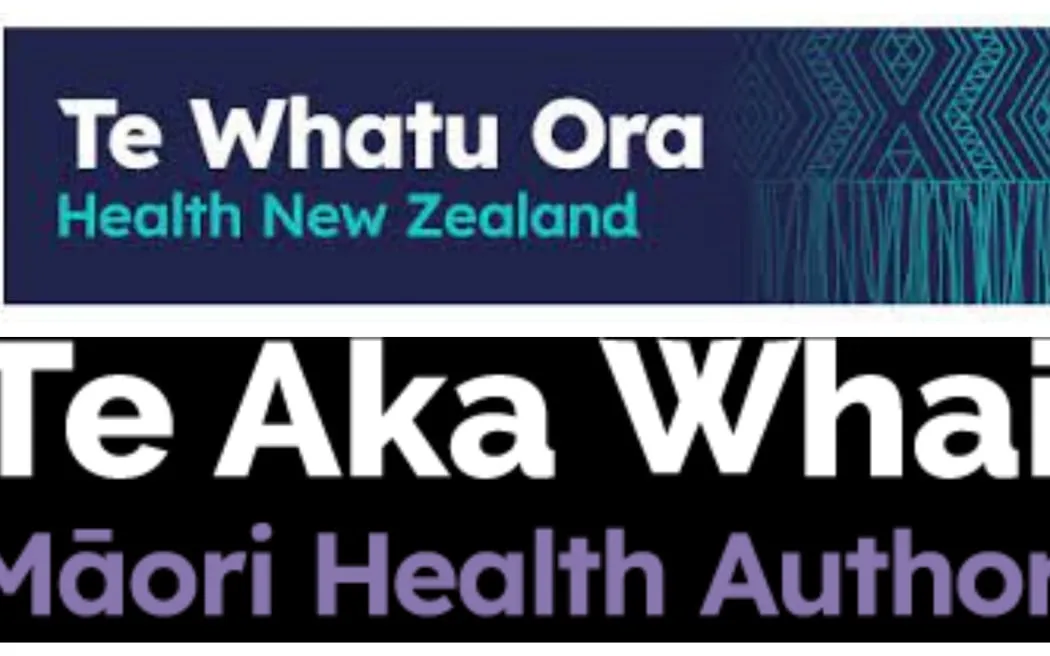The Waitangi Tribunal’s Report on the Disestablishment of Te Aka Whai Ora: A Critical Examination
The Waitangi Tribunal’s recent report on the disestablishment of Te Aka Whai Ora, a Māori health authority, has shed light on the government’s decision-making process and its impact on the community. The report, released in November, addressed claims concerning the Crown’s actions and made recommendations for future policy.
Background
In February this year, the government introduced the Pae Ora (Disestablishment of Māori Health Authority) Amendment Bill, which was passed under urgency just two days before the Waitangi Tribunal’s hearing on the issue. The bill aimed to disestablish Te Aka Whai Ora and replace it with a new system.
The Report’s Findings
The report found that the Crown did not follow proper regulatory impact analysis in matters affecting Māori health, as recommended by the Waitangi Tribunal. It also discovered that extensive consultation was not undertaken during the disestablishment process, despite claims that it was well canvassed throughout the National Party’s campaign.
Lead claimant Lady Tureiti Moxon stated, “This is not about race, it was never about race, it was about rights. Our right to live as Māori, be Māori and do for ourselves in our own way.” She emphasized that Te Aka Whai Ora initially came out of the Waitangi Tribunal’s Health Services and Outcomes Report and was a courageous decision by the government to set up a partnership with Māori.
However, the report also found that the Crown failed to provide adequate information on its alternative plans for Māori health. This lack of transparency led to widespread concern among claimants and doctors, with over 700 signing an open letter demanding more detail.
Recommendations
The Waitangi Tribunal recommends several key changes to address the issues raised in its report:
* The Crown must commit to revisiting the option of a stand-alone Māori health authority.
* Extensive consultation with Māori must be undertaken during the development of any alternative plans.
* The Crown must undertake proper regulatory impact analysis in matters affecting Māori health.
Conclusion
The Waitangi Tribunal’s report on the disestablishment of Te Aka Whai Ora highlights the need for greater transparency and consultation with Māori in policy-making. The report’s recommendations offer a crucial step towards addressing the ongoing inequities faced by Māori health services.
While the government has been criticized for its handling of the situation, there is still hope for positive change. As Lady Tureiti Moxon said, “A plan to address Māori health inequities is still desperately needed.” The Waitangi Tribunal’s report serves as a powerful reminder of the importance of listening to and representing the voices of those who have been most affected by policy decisions.
In conclusion, the report on Te Aka Whai Ora serves as a critical examination of the government’s decision-making process and its impact on Māori health services. As we move forward, it is essential that we prioritize transparency, consultation, and the rights of Māori communities.

0 Comments